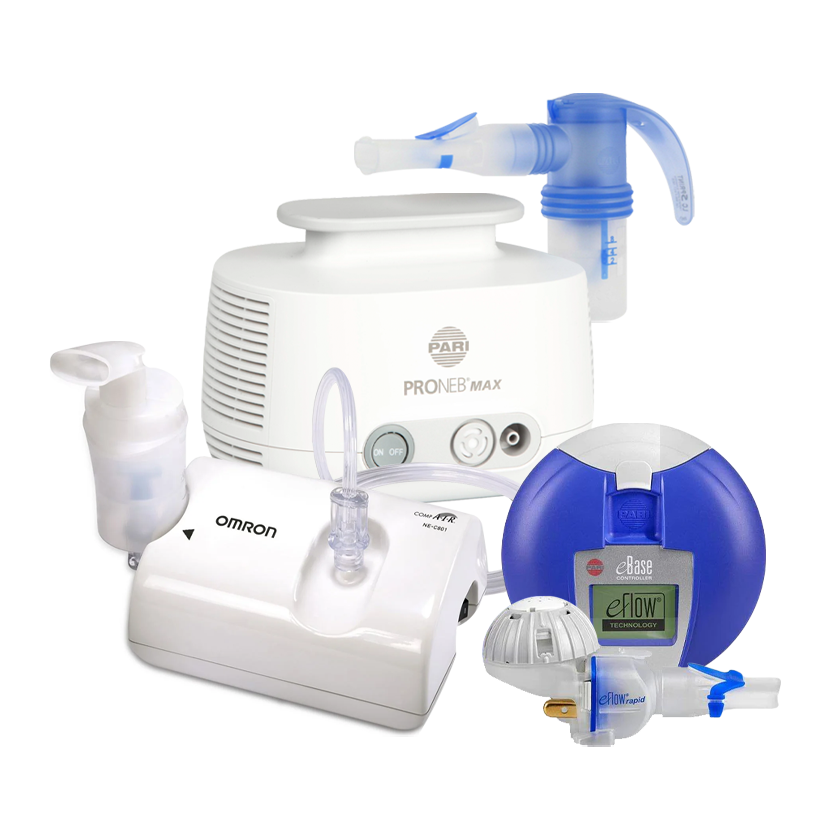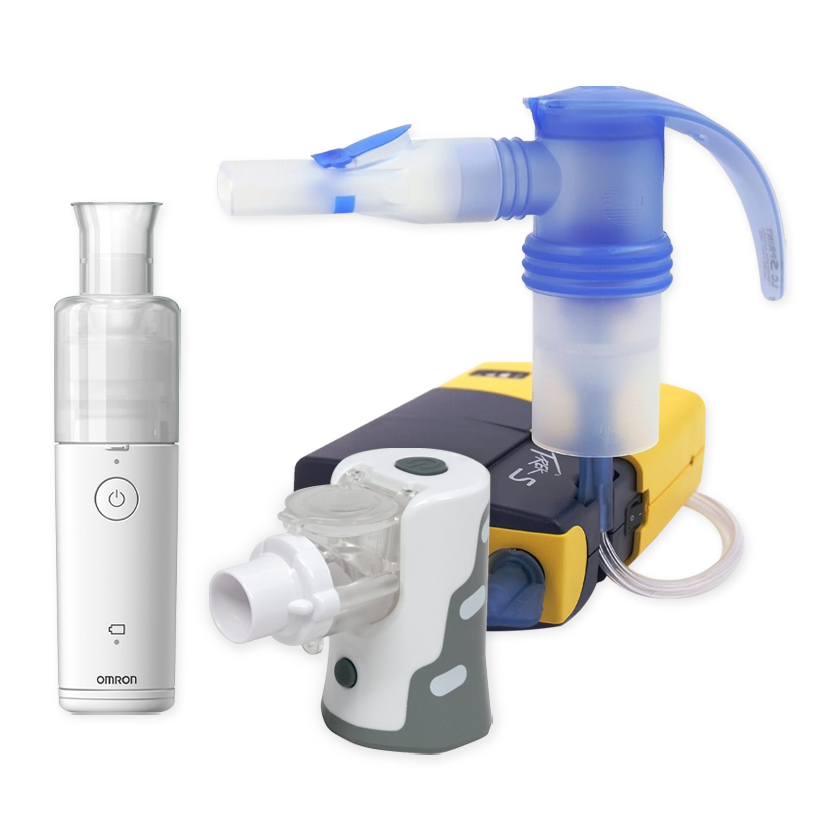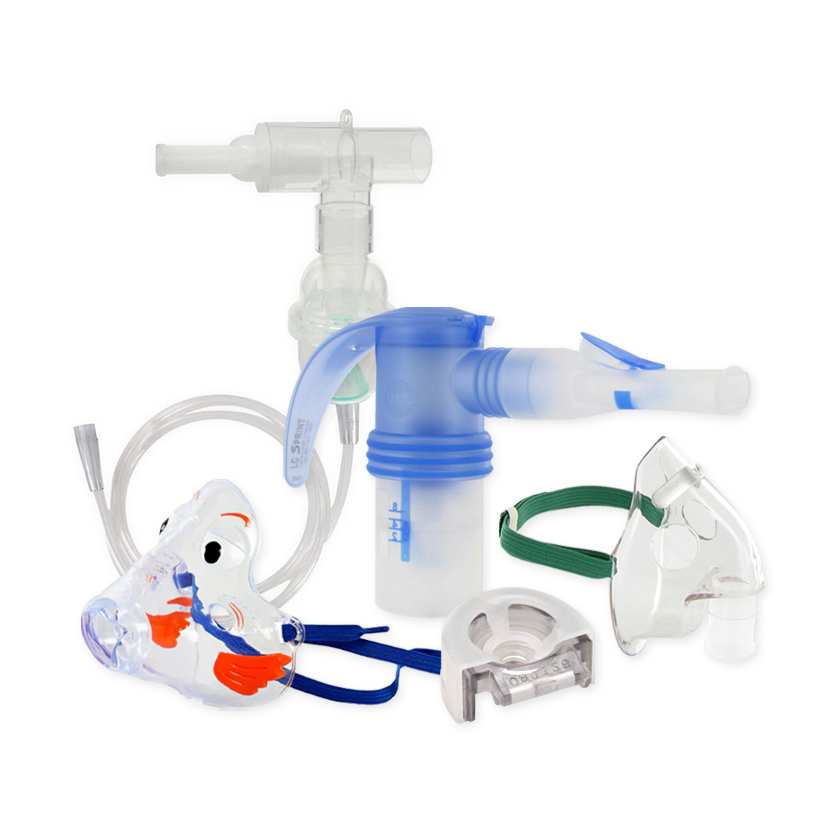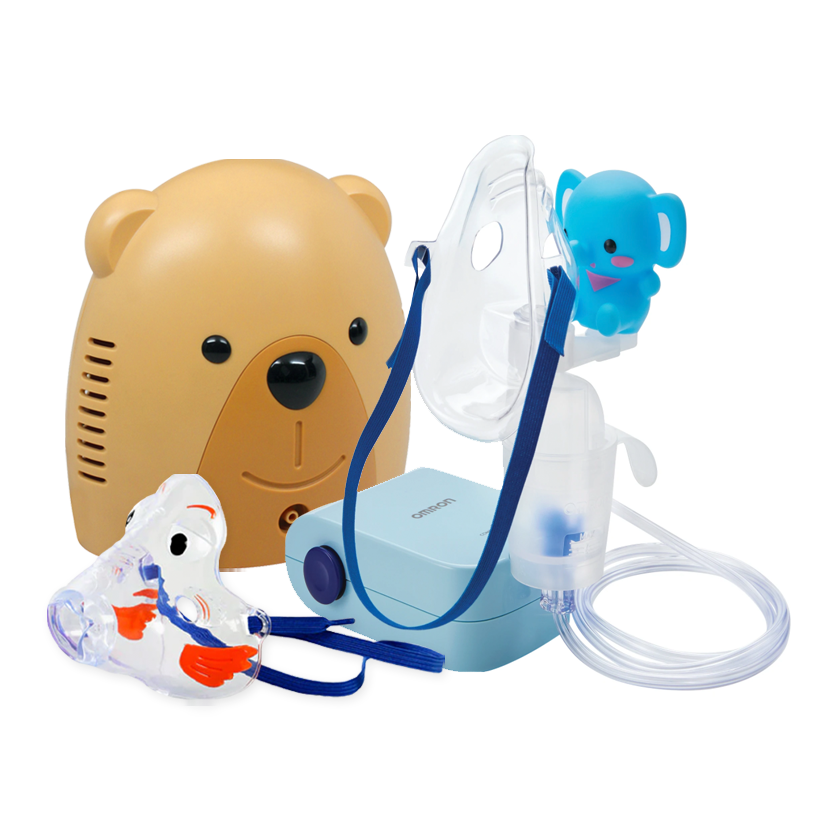Your Cart is Empty
Free Shipping on all orders over $75!
Menu

Free Shipping on all orders over $75!
Nebulizer Systems
Travel Nebulizers
Nebulizer Accessories
Just For Kids
Oxygen Supplies
Prenatal Exposure to Asthma Medication May Increase Autism Risk
January 28, 2016 2 min read
A new study published in Pediatrics shows a correlation between prenatal exposure to beta-agonists, one of the most common types of asthma medication, and the likelihood of the child developing autism. Beta-agonists are included in many asthma drugs including albuterol, formoterol (Foradil), and salmeterol (Serevent).
The researchers were careful to point out that 1) the study does not prove cause and effect between beta-agonists and autism, and 2) even if there is a cause and effect relationship, it’s still important that pregnant mothers continue taking their asthma medication. Not having properly controlled asthma during pregnancy can lead to poor birth outcomes such as the baby needing to be admitted into the neonatal intensive care unit. It can also lead to low birth weight and preterm birth, both of which have themselves been linked to increased autism risk.
The study was performed by looking through Denmark’s national database and comparing the medical data of 5,200 children with autism spectrum disorder to 52,000 children without autism. The researchers found that 4% of children with autism had had been exposed to beta-agonists before birth, whereas 3% of children without autism had been.
Once other factors, such as birth complications, had been controlled for the numbers showed that children exposed to beta-agonists were 30% more likely to develop autism. However, it’s important to note that the researchers were unable to control for all factors, including some important ones like exposure to pollutants.
Though the study may not provide practical information for mothers, if further research reveals that there is indeed a cause and effect relationship between beta-agonists and autism risk, it could help scientists better understand how autism works.
Subscribe
Sign up to get the latest on sales, new releases and more …
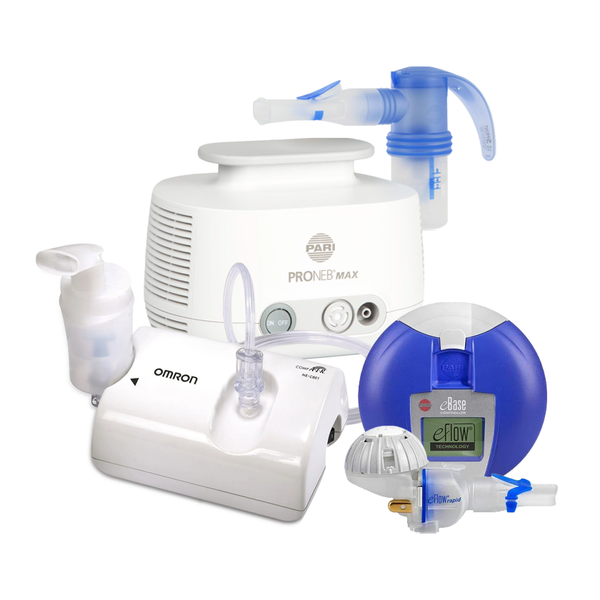
NEW CUSTOMERS SAVE $5 OFF YOUR FIRST PURCHASE OF $20 OR MORE
Code will be sent to email entered if applicable
SIGN UP FOR FUTURE SALES, NEW PRODUCTS AND ANNOUNCEMENTS
{"themeColor":"#061f77","iconColor":"#061f77","showLogo":true,"topBottomPosition":0,"rightLeftPosition":5,"iconSize":"large","iconCustomSize":64,"position":"middle-right"}
